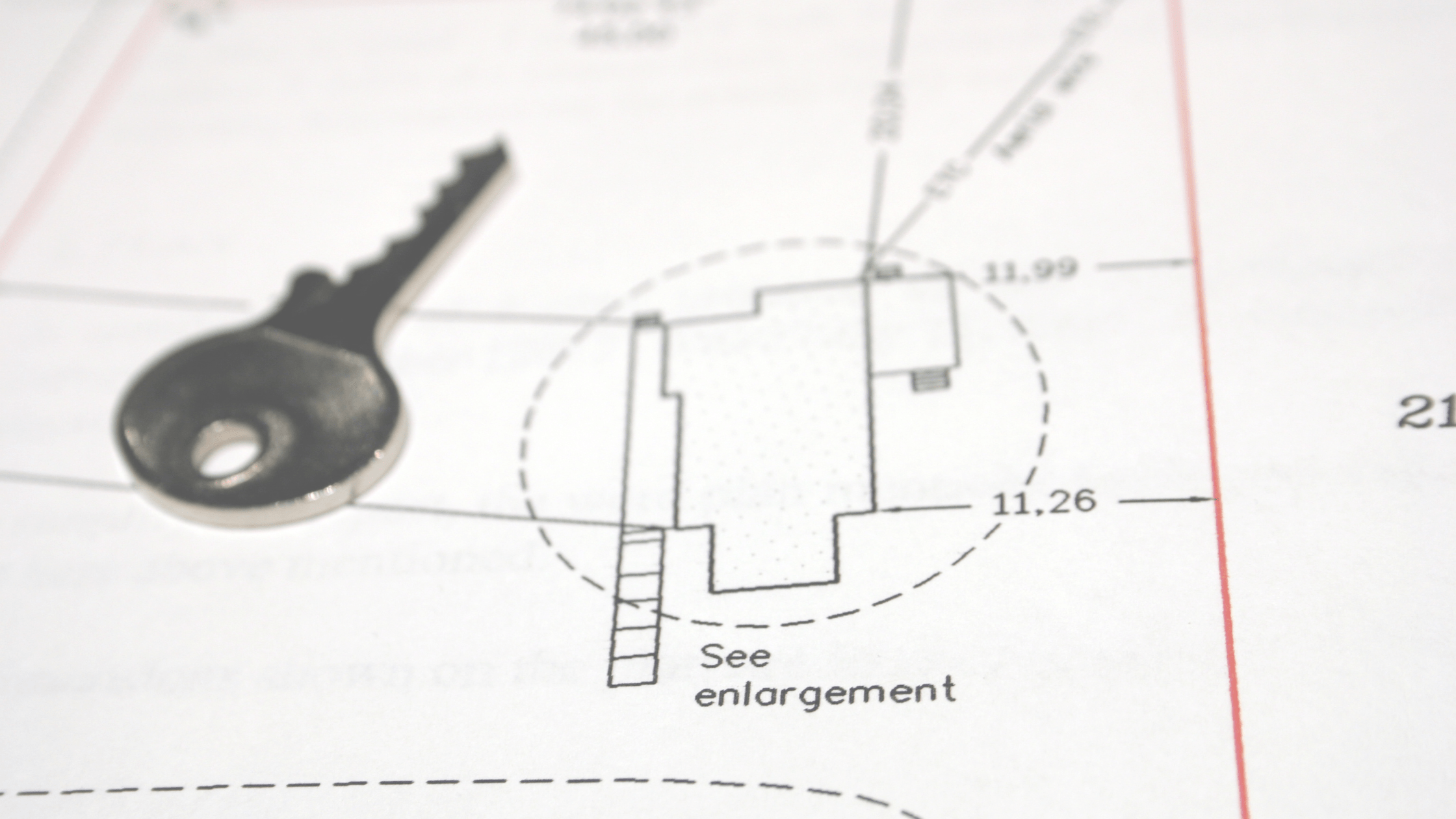A General Power of Attorney (GPA) is a legal document that enables one person, the “principal,” to delegate broad powers to another person, the “agent” or “attorney-in-fact,” to act on their behalf. For individuals residing abroad, particularly Non-Resident Indians (NRIs), a GPA is an essential tool for managing affairs in India without being physically present.
What Does an Indian General Power of Attorney Mean?
A General Power of Attorney is a legal document that grants your attorney the power to act in your name for various matters. Unlike a Special Power of Attorney, which is restricted to specific tasks, a GPA allows your agent to perform a wide range of activities across multiple domains, such as:
- Financial Transactions: Operating bank accounts, managing investments, and paying bills.
- Property Management: Renting, leasing, buying, or selling properties, as well as handling maintenance issues.
- Legal Representation: Representing you in legal matters, including filing documents and appearing in court.
- Tax and Compliance: Filing income tax returns, dealing with government offices, or handling any statutory requirements.
In the context of India, a GPA is governed by the Power of Attorney Act, 1882, and is widely used by NRIs to manage their assets, finances, and other responsibilities in their home country.
What are the Benefits of an Indian GPA from the UK?
For NRIs, managing personal and financial matters in India can often be a complex challenge due to various circumstances. These may include geographical distance, professional or personal commitments that leave little time to attend to such affairs, health concerns that limit mobility, or the need to provide support for elderly parents or dependents. Additionally, unforeseen events, such as travel restrictions or emergencies, can make it impossible to handle tasks in person.
Many NRIs own properties in India but are unable to visit regularly to oversee their management. A GPA authorizes an agent to handle property-related tasks, such as:
- Renting or leasing the property to tenants.
- Selling or purchasing real estate.
- Maintaining and protecting the property.
- Developing property.
Managing Indian bank accounts, investments, or other financial matters can be cumbersome for NRIs. With a GPA, your attorney can:
- Withdraw or deposit money in your accounts.
- Manage fixed deposits, mutual funds, or other investments.
- Submit documents to banks or financial institutions on your behalf.
- Manage loans and mortgages.
A GPA simplifies interactions with government offices, tax authorities, and other institutions. Your agent can:
- File income tax returns.
- Handle disputes or claims in the courts or any specified authorities.
- Obtain official documents, such as property records or legal notices.
If you have dependents in India, a GPA can empower your attorney to assist them with day-to-day matters, such as paying bills, accessing medical care, or handling insurance claims.
What are the Features of an Indian GPA?
A GPA provides flexibility by covering a wide range of responsibilities. This makes it particularly useful for NRIs who need comprehensive support in India. However, it’s essential to clearly define the powers being granted to avoid misuse.
The principal retains the right to revoke the GPA at any time by providing written notice to the agent and relevant authorities. Additionally, a GPA can be designed for a specific duration to suit temporary needs.
A GPA remains valid as long as the principal is alive and mentally competent unless otherwise specified. Upon the principal’s demise, the GPA becomes void.
While a GPA offers significant convenience, it comes with responsibilities and risks. To minimize potential issues:
- Choose a Trustworthy Agent: The attorney should be someone trustworthy, as they will have considerable authority to act on your behalf.
- Specify Powers Clearly: The GPA should outline the exact powers granted to the agent to prevent any misuse.
- Monitor Activities: Even after granting a GPA, maintain oversight of the agent’s actions to ensure they align with your interests.
How to make a General Power of Attorney for India from the UK?
For a GPA to be valid in India, it must meet certain legal and procedural requirements:
- Draft the Document: Clearly outline the powers granted to the attorney, under Indian Law. Please note that a UK POA cannot be used in India due to differing legal requirements for each country.
- Notarization in the UK: Sign the GPA in the presence of a Notary Public in the UK.
- Attestation Stamp: Legalize the notarized document with the High Commission of India
- Adjudication in India: Send the GPA to your agent for adjudication with the relevant sub-registrar office in India, where stamp duty is paid.
The entire process ensures that the GPA is legally valid and enforceable in India.
How Whytecroft Ford can help
At Whytecroft Ford, we specialize in helping NRIs based outside of India create General Power of Attorney documents for use in India. Our services include drafting a customized GPA that meets your needs, and guidance on the execution process to ensure your POA is valid in India.
For expert advice and assistance with your General Power of Attorney for India, contact our professional team on 0208 757 5751 or use our contact form.






